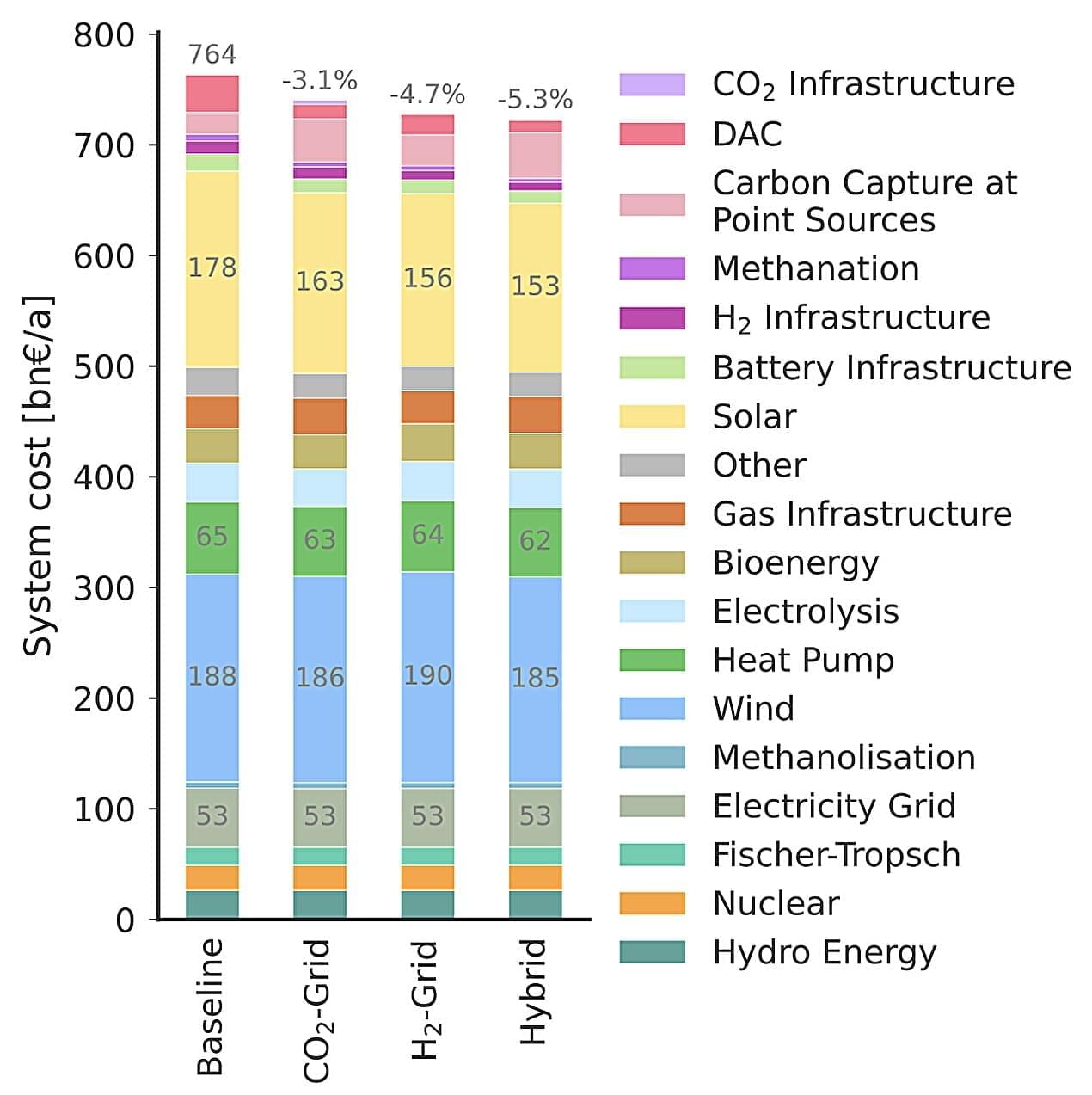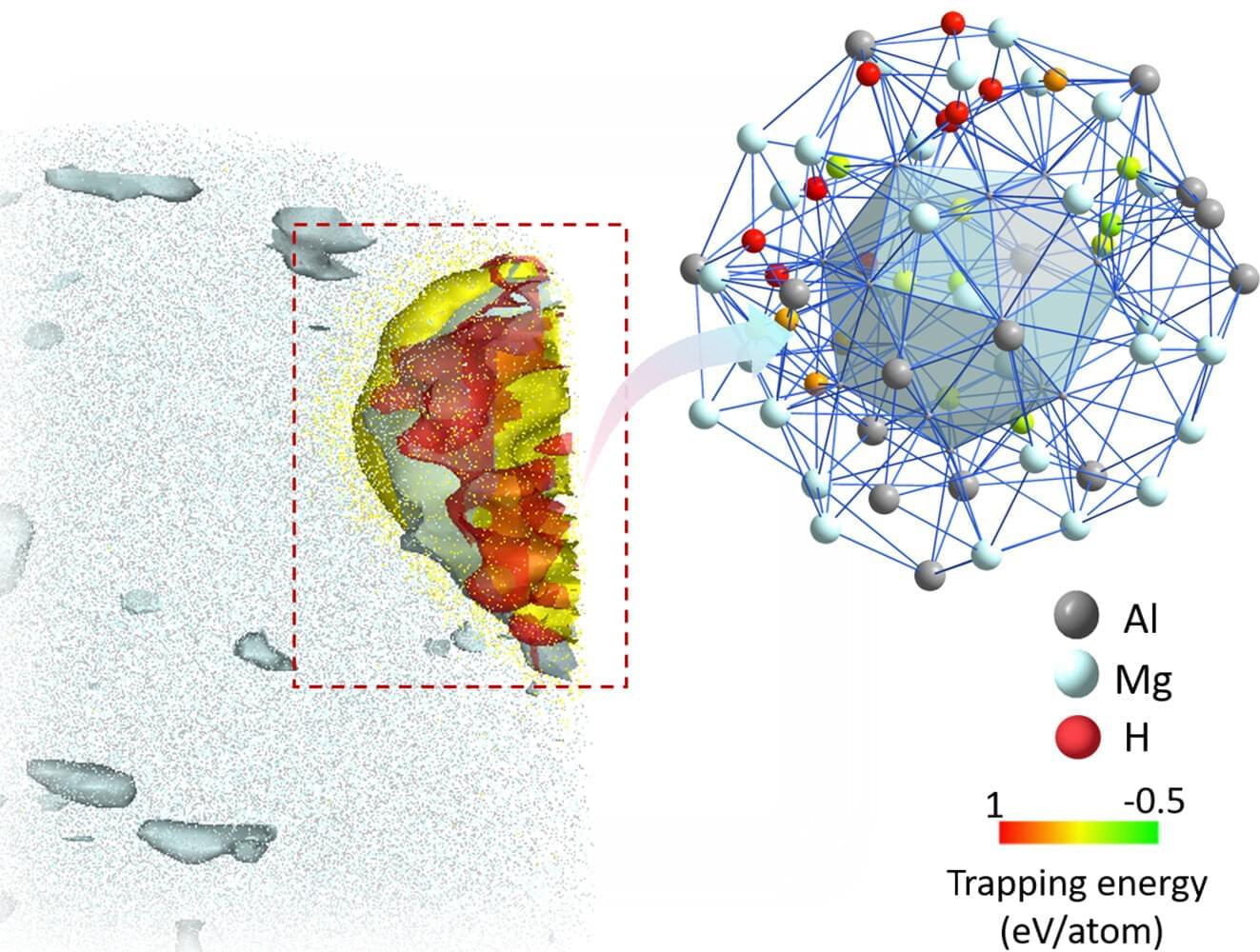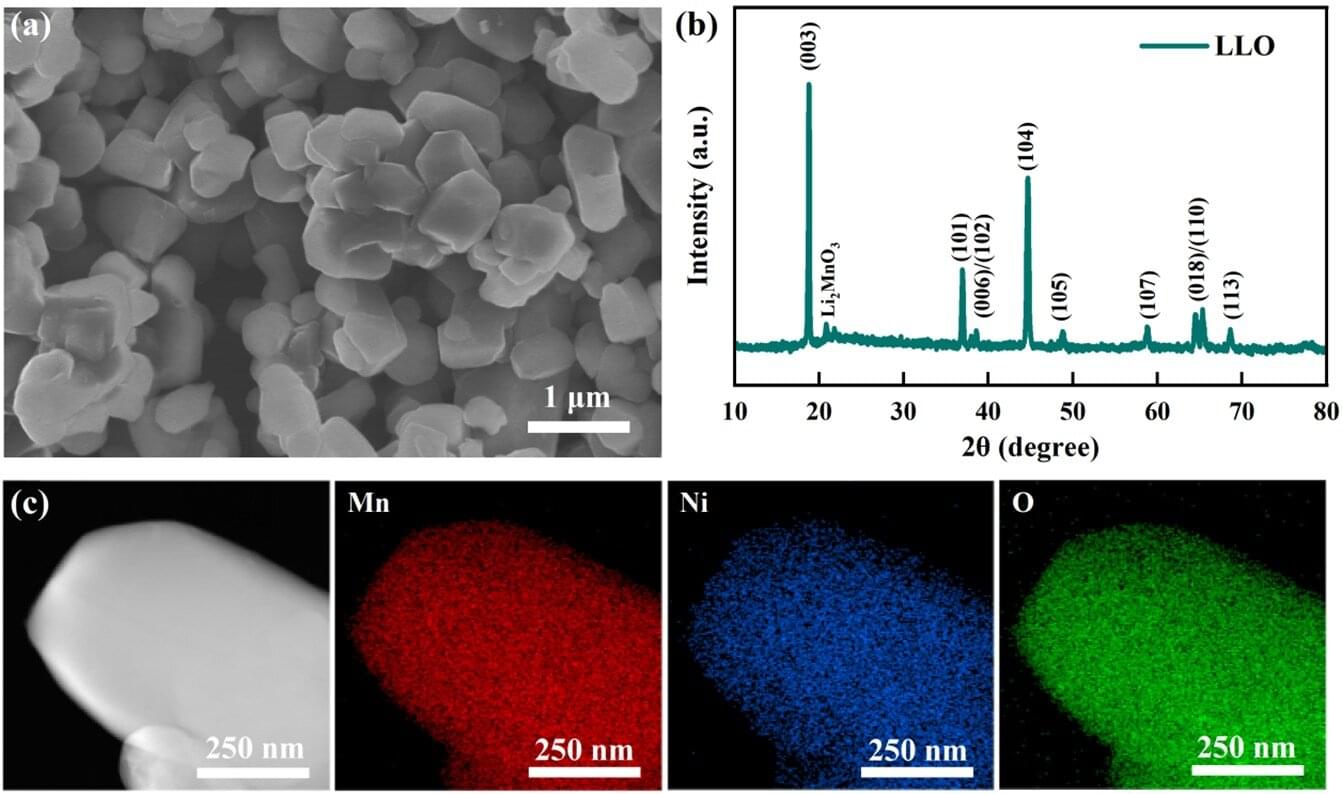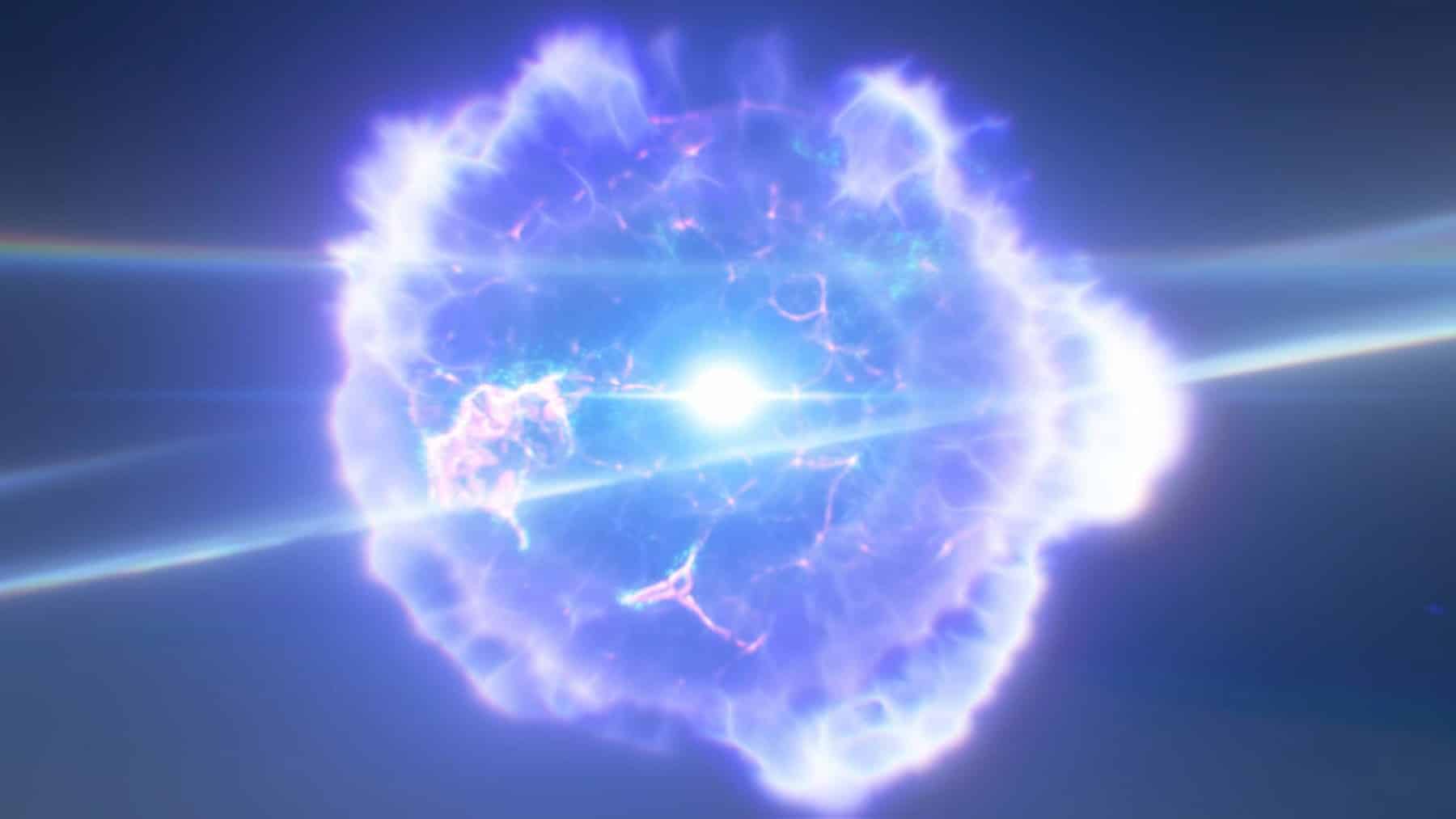Countries in the Global South risk being left out of the quantum revolution — along with its economic, technological and security benefits — due to growing export controls, siloed research initiatives and national security concerns, a new policy analysis argues.
In the first of a series of articles on quantum technologies published by the policy journal Just Securit y, researchers Michael Karanicolas, of Dalhousie University, and Alessia Zornetta, of UCLA Law, examine how the geopolitics of emerging quantum technologies are replicating long-standing patterns of technological exclusion. The authors argue that absent meaningful interventions, quantum could become another engine of global inequality, one that threatens to lock poorer nations out of the next era of technological and economic development.
The authors trace the roots of this divide to export control regimes that are quickly expanding in response to the strategic potential of quantum systems. Since 2020, governments in the U.S., EU and China have implemented targeted restrictions on quantum-enabling hardware, software, and communications systems.






